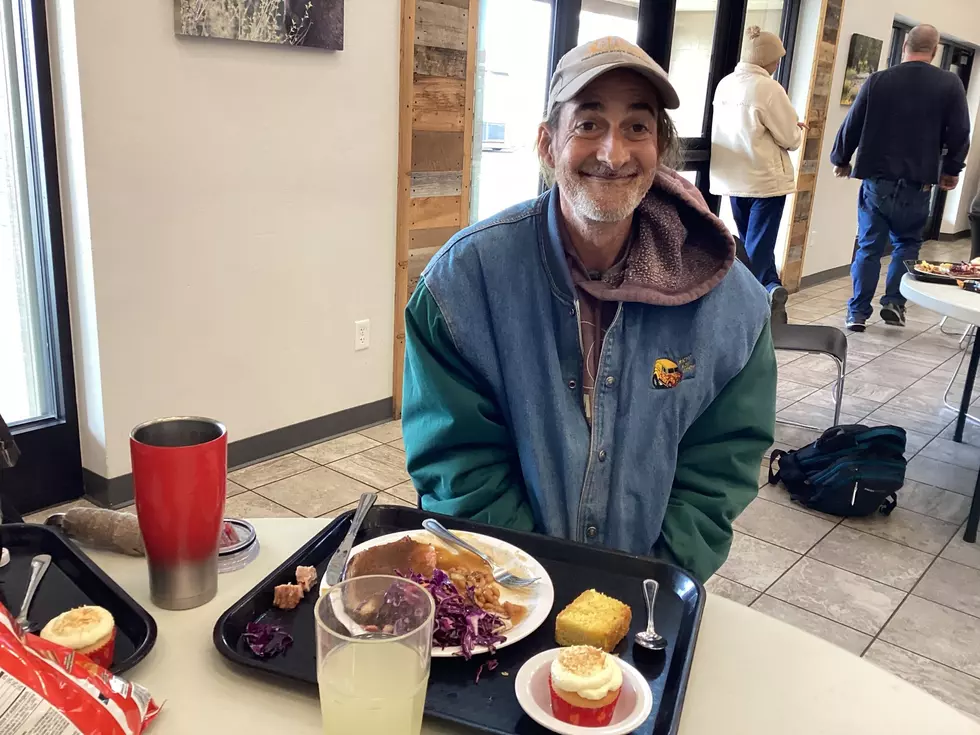
The Growing Impact Of Alzheimer’s In Wyoming
“Alzheimer’s is not about the past—the successes, the accolades, the accomplishments… Alzheimer’s is about the present and the struggle, the scrappy brawl, the fight to live with a disease. It’s being in the present, the relationships, the experiences, which is the core of life, the courage to live in the soul" wrote Italian poet Cesare Pavese.
About 10,000 Wyomingites are living with Alzheimer's, and by 2025 that number is estimated to increase by 30%.
Alzheimer's attacks both the brain and body, and those in the advanced stages face problems similiar to cancer.
The disease may linger for years in its early stages, with memory loss and thinking problems progressing. This can affect the ability to recognize family members, wandering and getting lost, trouble handling money and paying bills, repeatedly asking questions, and personality changes.
Alzheimer's specialist Jae Starr describes the beginnings like so:
"You're able to do what you need to do, but some little things get missed, such as your T-shirt is on backward, but you don't notice, or you can't find the sugar bowl, so you start taking apart cupboards and end up going without coffee and the kitchen is a mess. Later, you swear you did not do that. You have no memory of doing it, and the more another person argues that you did indeed make a mess, the angrier you get."
Currently there are no known cures for the disease.
Family members and caretakers of people with Alzheimer's and related dementias are at greater risk for anxiety and depression.
An analysis by the Alzheimer's Association outlined the enormous personal and financial sacrifices many families make in order to care for their loved ones living with the disease.
In 2022, the lifetime cost of care for a person living with dementia was $382,874. Nearly half of care contributors cut back on their own expenses to make ends meet, including basic necessities like food, transportation and medical care for themselves. Others dip into their savings accounts and retirement funds.
"Most of the important things in the world have been accomplished by people who have kept on trying when there seemed to be no help at all." ~ Dale Carnegie, American writer and thinker.
The average family caregiver will spend 30 hours per week caring for their loved one, which impacts their own ability to hold down another job.
“It’s not uncommon for caregivers to experience financial problems because they have to reduce their hours or take time off work,” said Debra Antista-Bianchi, executive director of the Alzheimer’s Association of Wyoming.
“As the disease progresses, caregivers will need to pay for services or support for the person living with Alzheimer’s. Financial literacy is especially important for caregivers, because it provides them with the knowledge and skills needed to better support themselves and others.”
After a diagnosis of Alzheimer’s or other dementia, financial planning often gets pushed aside because of the stress and fear this topic evokes. However, you can reduce stress by planning ahead.
The Alzheimer's Association has free resources to help you navigate the twists and turns ahead.
Linda Lyman Art Exhibit at the Casper College
Gallery Credit: Kolby Fedore
Wyoming Rescue Mission Serves Christmas Dinner
More From K2 Radio









